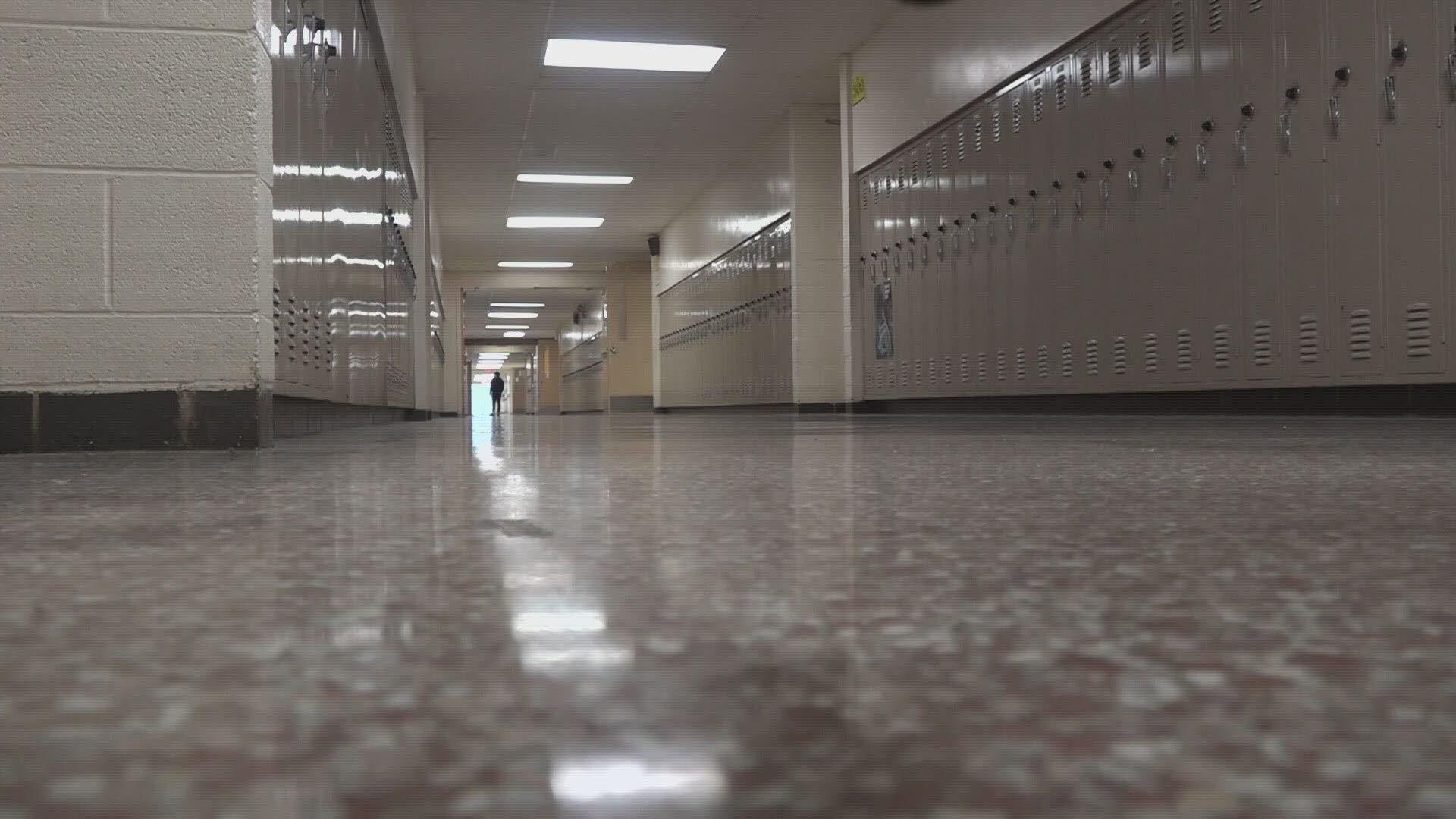GREENSBORO, N.C. — The push continues towards safer schools in our state.
This year, schools are required to have a threat-assessment team in place to help combat school violence, and hopefully prevent mass shootings.
Mass shootings in schools are on the rise.
During the 2021/22 school year, a total of 327 documented school shootings occurred at public and private schools across our country, according to the National Center for Education Statistics.
In response to this, lawmakers passed a bill last year requiring all K-12 schools to have a threat assessment team in place ahead of the next school year.
The goal is to prevent violence before it happens and provide resources for students who may need help.
These teams are made up of administrators, counselors, school resource officers and other staff who will be responsible for identifying, and addressing potential threats.
The threat-assessment team will be assessing students who are expressing concerning behavior like making threats, mental health issues, and other problems they may be facing.
Once they are assessed, then resources and sometimes interventions are provided to help.
A lot of school districts here in the Triad have already built these teams like Guilford County Schools, and Winston-Salem/Forsyth County Schools.
If you remember, just last Friday a juvenile was taken into custody after being charged with communicating threats against WS/FCS, according to deputies.
The threat-assessment team, and other safety features that are being enhanced, are being put in place to help prevent situations like this.
Jonathan Wilson, Chief Safety Security and Emergency Management officer for WS/FCS said, "Students do it as a joke, some students do it maliciously. Even people who are not students, and members of the community from elsewhere send these threats. It's important that we stay on top of it. It's important that we track the students who may be involved, and handle those things appropriately."
The bill also requires all schools to establish peer-to-peer student support programs. These programs will provide students with a safe space to talk about their problems and get support from their peers.
The programs will educate students about the warning signs of violence and how to report potential threats.
Just recently, many North Carolina school districts also received a safety grant from the Department of Public Instruction's Center for Safer Schools.
The funding will be used for safety equipment, training and services.

